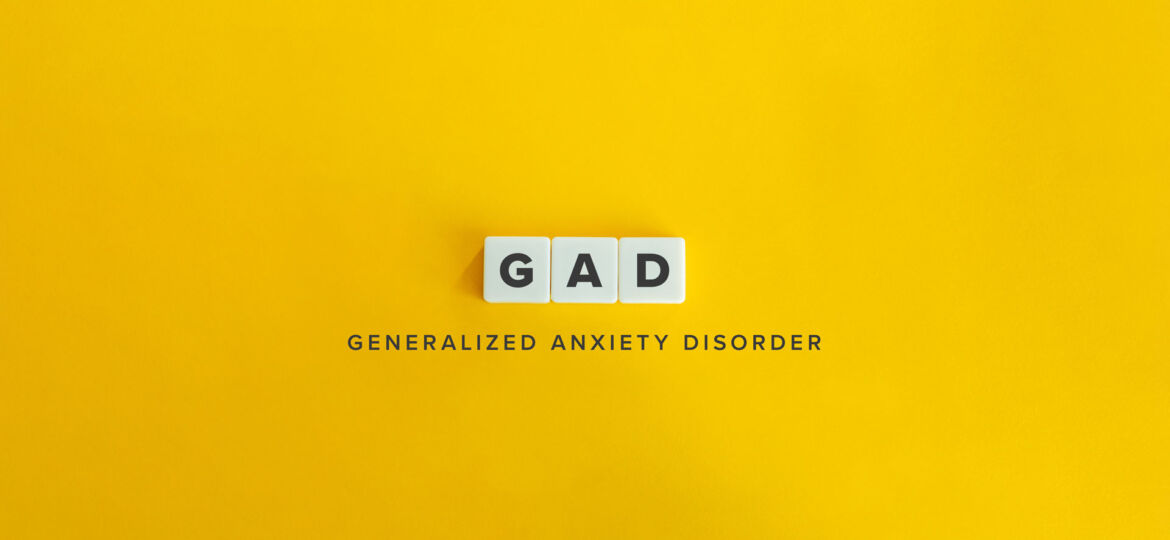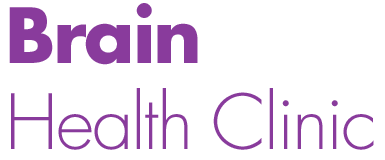
Generalized anxiety disorder is characterized by excessive anxiety and worry about a variety of events or activities (e.g., work or school performance) that occurs more days than not, for at least 6 months. People with generalized anxiety disorder find it difficult to control their worry, which may cause impairment in social, occupational, or other areas of functioning. — National Institute of Mental Health
About one out of every 20 adults in the United States experiences generalized anxiety disorder (or GAD) at some point in their life. At any given moment, almost 3% of the population deals with GAD. That represents nearly 9 million people in our country! Therefore, finding therapeutic solutions for anxiety is important to improve the state of mental health for Americans. Neurofeedback offered by the Brain Health Clinic in Sacramento is one such solution.
To verify the value of neurofeedback as a therapy for GAD, a group of scientists in Beijing conducted a study on 26 women diagnosed with anxiety. The goal of their experiment was to test whether increasing the amplitude of alpha waves in the parietal lobes could reduce symptoms of anxiety. Prior studies by other researchers around the world demonstrated that low alpha waves are associated with anxiety, while “increasing alpha magnitude can produce a calming effect in high-anxious individuals.”
The Beijing experiment focused on the parietal lobes since this section of the brain is responsible for analyzing the many signals received by other parts of the nervous system. The parietal lobes thus play a role in determining whether the body is under threat. In cases of clinical anxiety, ordinary activities and sensations are perceived as threats by the patient.
Besides the preexisting diagnosis of GAD, each subject had to be off anti-anxiety medications, anti-depressive medications, and sedatives. Each patient completed a pre-experimental assessment of their anxiety level, followed by a similar assessment at the midpoint and conclusion of the experiment. Every participant was also given a six-month follow-up to determine if the therapeutic effects were long-lasting.
The Results of the Anxiety Study
The researchers concluded that “neurofeedback training of alpha activity over the parietal lobe is effective in GAD patients”. Six-month results indicated that the improvements in reduced anxiety in specific situations were retained. In addition, the study concluded that neurofeedback had the added benefit of reducing symptoms of depression, a mental health problem commonly found in association with anxiety disorders.
If you would like to find out more about the benefits of neurofeedback training for improving both anxiety and depressive disorders, contact the Brain Health Clinic for a free initial consultation.
